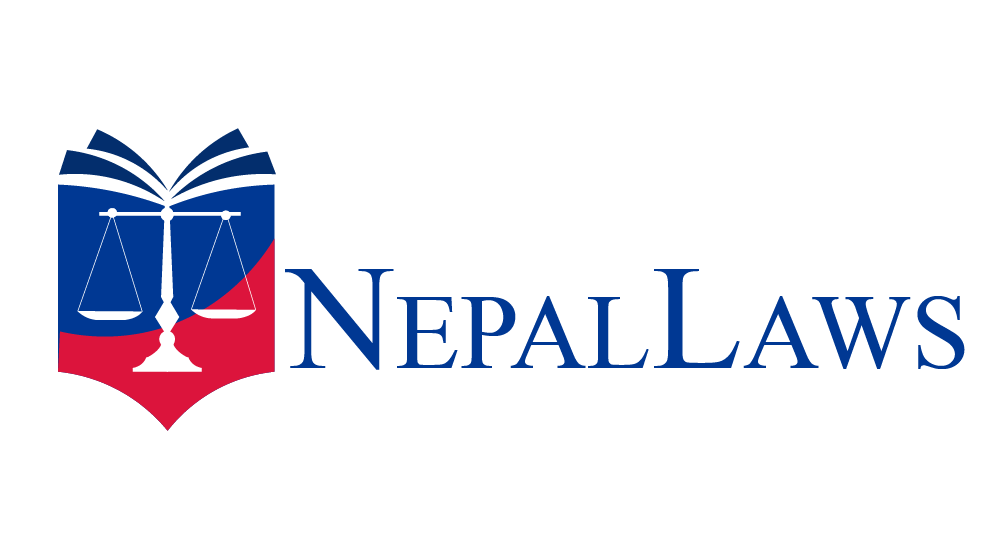The Co-operative Act 2074 (2017) is Nepal’s key law that guides how cooperatives are created, operated, and supervised.
It provides a legal foundation for cooperatives to work in an organized and responsible way, ensuring they serve the interests of their members and the broader community. The Act supports the idea of economic development through shared ownership and mutual cooperation.
One of the main goals of this Act is to help build a self-reliant and sustainable economy that aligns with Nepal’s socialist-oriented development model.
It encourages people to come together, pool their resources, and work collectively for common benefits, especially in rural and underdeveloped areas. Through cooperatives, the law aims to reduce poverty, promote social justice, and improve livelihoods.
The Act clearly outlines how cooperatives should be structured and managed. It explains what kinds of funds they must maintain (like share capital, reserve funds, education funds, etc.), how they should manage finances, and what internal systems they need to follow.
It also defines penalties for serious issues like misusing cooperative funds, fraud, or violating rules, ensuring accountability and legal protection for members.
In short, the Act is there to make sure cooperatives are transparent, responsible, and beneficial for all their members and the economy as a whole.
What Are the Types of Funds Under the Co-operation Act?
Cooperatives under this Act are required to maintain several specific types of funds to ensure their financial stability and operational effectiveness:
- Share Capital Fund: This is the core capital contributed by members through the purchase of shares. It represents member ownership and is the cooperative’s basic financial resource for conducting business.
- Reserve Fund: Cooperatives must allocate a portion of their annual net profits to this fund as a safeguard against future risks or losses. This fund cannot be distributed as dividends and ensures long-term sustainability.
- General Fund: Funds that come from all sources other than specific earmarked funds flow here. It covers the daily operating expenses and development activities of the cooperative.
- Education/Training Fund: A mandated portion of profits is set aside to educate and train members, staff, and management. This supports capacity building, which is critical for cooperative growth and effective governance.
- Dividend Fund: This fund is used to distribute dividends to members based on their shareholding and the cooperative’s profitability.
These funds collectively help cooperatives manage financial risks, invest in growth, and ensure benefits reach their members.
What Offences and Penalties Are Specified Under the Co-operative Act 2074?
The Act outlines a range of offences designed to protect cooperative assets and maintain member trust, including:
- Embezzlement and misappropriation of cooperative funds
- Unauthorized use or transfer of cooperative property
- Falsification of accounts or financial statements
- Concealing losses or overstating profits
- Issuing unsecured loans or investments against the cooperative’s rules
Penalties for such offences include fines up to NPR 500,000 and imprisonment for up to 10 years. In serious cases, both fines and jail terms can be imposed.
The law also provides for the recovery of misappropriated amounts, ensuring financial restitution to the cooperative or its members.

How Does the Ravi Lamichhane Case Illustrate the Enforcement of the Co-operative Act?
The Ravi Lamichhane case exemplifies the practical application of the Act’s provisions against financial wrongdoing within cooperatives. Lamichhane, a prominent public figure, was accused of embezzling over NPR 2.3 billion from multiple cooperatives, diverting funds to confidential business accounts linked to him. The case involved thousands of affected depositors and highlighted:
- The seriousness of cooperative fund mismanagement
- Investigation and prosecution mechanisms under the Act
- Use of enhanced penalties under related organized crime laws
- The necessity for stringent internal controls and legal oversight
This case sends strong signals about the consequences of violating cooperative laws and the importance of safeguarding member resources.
Why Is It Important to Strengthen Cooperative Governance and Internal Controls?
Given the legal framework and recent high-profile cases, cooperatives must adopt robust governance and internal control measures to prevent fraud and misuse, such as:
- Transparent and regular financial reporting
- Independent audits and compliance checks
- Establishing clear rules for fund management and loan disbursements
- Strong oversight by regulatory bodies and member committees
By reinforcing these practices, cooperatives can protect member interests, build trust, and promote sustainable development in line with the Co-operative Act 2074.
Conclusion
The Co-operative Act 2074 establishes a comprehensive legal structure for Nepal’s cooperative organizations, emphasizing transparent fund management and stringent penalties for violations.
The high-profile Ravi Lamichhane case demonstrates the practical application of these legal provisions, serving as a warning against the misuse of collective member resources and reinforcing the Act’s intent to protect the public and promote responsible cooperative governance.
FAQs
Q: What is the main purpose of the Co-operative Act 2074?
A: To regulate and promote cooperatives in Nepal for sustainable economic development and member empowerment.
Q: What types of funds must cooperatives maintain under this Act?
A: Cooperatives must maintain Share Capital, Reserve, General, Education/Training, and Dividend Funds.
Q: What offenses does the Co-operative Act 2074 address?
A: Embezzlement, unauthorized use of funds, falsification of accounts, and issuing unsecured loans, among others
Q: What penalties can offenders face under the Act?
A: Fines up to NPR 500,000 and imprisonment for up to 10 years, or both.
Q: How does the Ravi Lamichhane case relate to the Act?
A: It involved alleged embezzlement of cooperative funds, demonstrating enforcement of the Act’s provisions.




